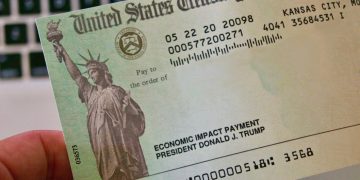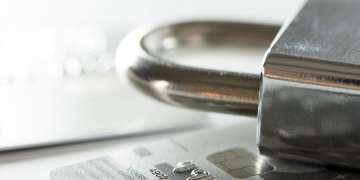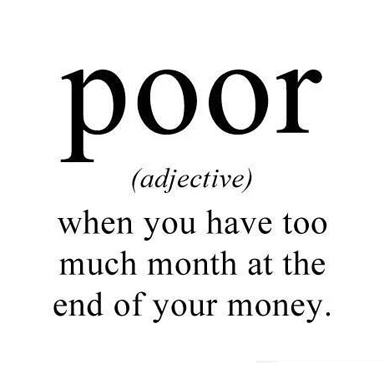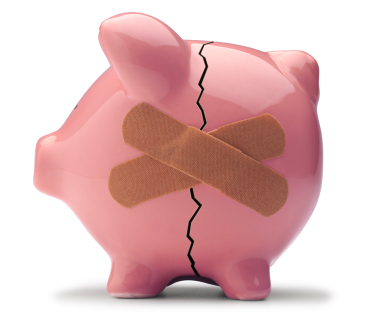Too much debt can lower your credit score and take all your disposable income. However, acquiring certain things in life may require a measure of debt. Not to suggest that you should go crazy and apply for every credit card and loan under the sun. For debt not to become a destruction force,  moderation and self-control is key.
moderation and self-control is key.
Debt gets a bad rap – and for good reason. This is often the underlying cause of bankruptcy filings, and for those who choose not to file bankruptcy, it can take years to pay off credit card and loan balances. But not all debt is bad. The key is being responsible and learning different ways to save money on debt.
1. Shop around for loan rates. Whether you’re applying for a mortgage loan or an auto loan, always speak with multiple lenders to compare products and rates. Failing to shop around is a common mistake. And while comparison shopping may seem tedious and unnecessary, doing a little homework can save you a ton on interest. This can affect your monthly payments, as well as how long it takes to repay your debt. I did that with my car loan and found that the bank gave a much better rate than the manufacturer’s own finance company.
2. Choose a shorter loan term. To enjoy the lowest payment possible, some people stretch out their loan payments. Although a mortgage lender and an auto lender may give you 30 years and 60 months to repay the loan, respectively, you don’t have to accept a longer term. Understandably, paying off a loan over a shorter length of time may not be economically feasible. But if you can afford a higher payment, the amount you save in interest is worth the extra money. Even if you can’t choose a shorter term, try throwing in extra mini payments each month.
3. Improve your credit score. You don’t need perfect credit to qualify for loans and credit cards. However, the higher your score, the better your interest rate. When financing anything, your payment isn’t only based on the price of the item – but also the interest rate. Always check your credit report and score before applying for financing. Aim for a score 700 or higher, as scores in this range command the best rates. To give your score a little help, pay your bills on time and lower your existing debt.
4. Save up. If you really want something, it’s easy to apply for a loan or pull out your credit card. But wouldn’t you feel better about a purchase if you didn’t have debt hanging over your head? Practice a little patience and save up for purchases. Even if you don’t save enough to pay for an entire purchase with cash, having some cash reduces how much you need to finance. This lowers your monthly payments, and ultimately reduces how much you pay in interest.
Debt is a part of life. If you plan on buying a house or purchasing a car, both may require taking out a loan. While you can’t always avoid debt, you can control how much you pay for the things you choose to finance.

























